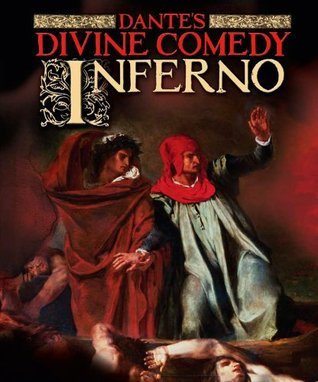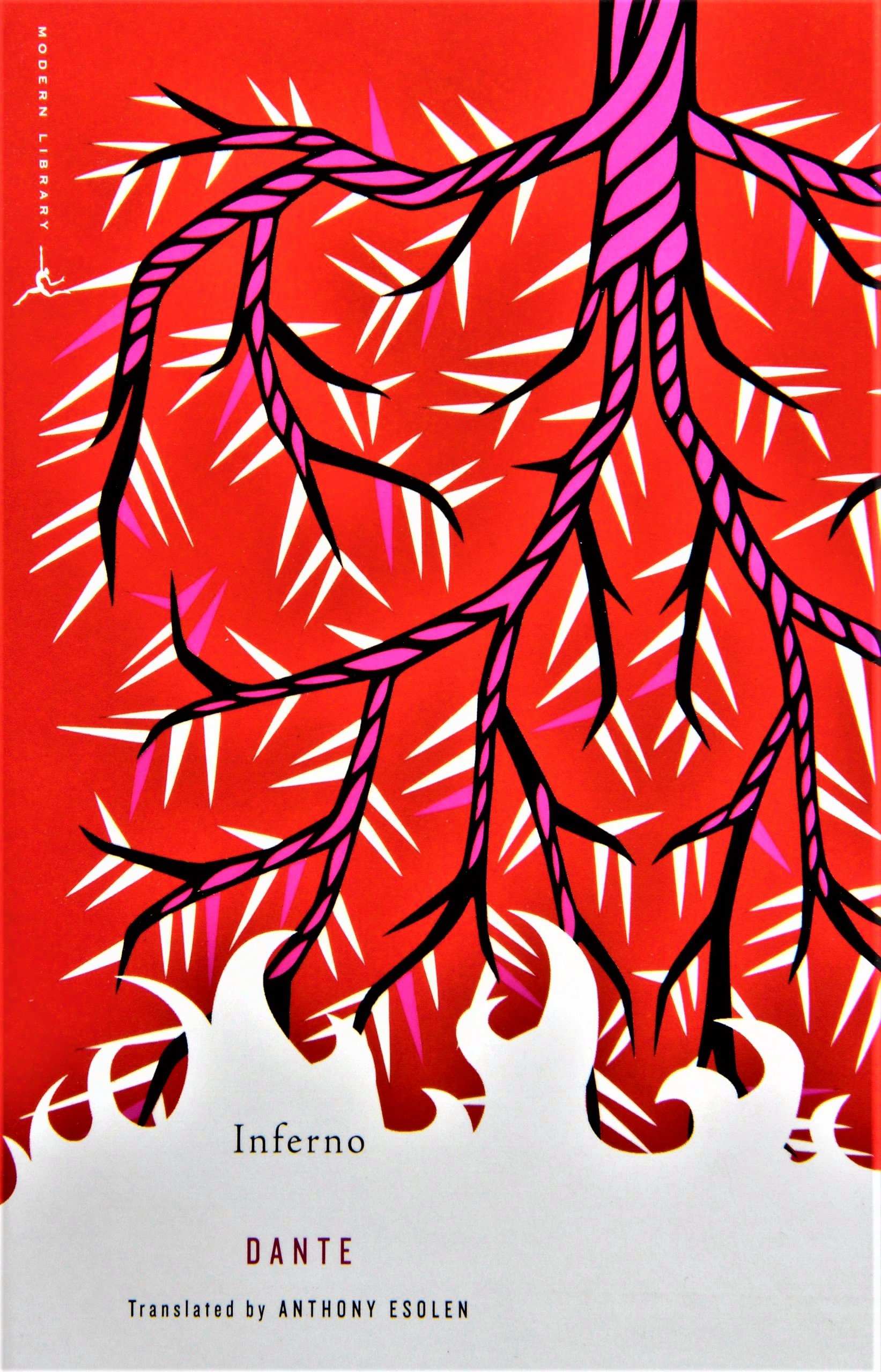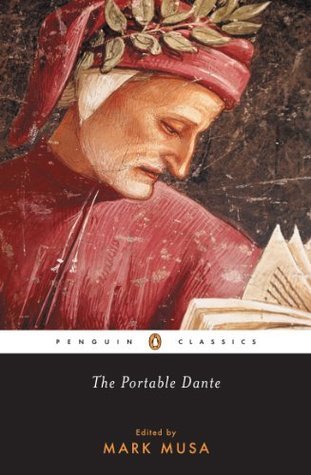
The Divine Comedy: Inferno - Purgatorio - Paradiso
Book Description
Beyond the veil of life lies a journey that will ignite the soul and challenge the spirit. Guided by his masterful mentor, a wayward soul descends into the chilling depths of Hell, confronts the purifying flames of Purgatory, and ultimately soars to the celestial heights of Paradise. Each realm unfolds a tapestry of vivid characters, haunting choices, and timeless lessons, exploring the very essence of sin, redemption, and divine love. As shadow and light collide, what truths await in the unfathomable realms beyond? Are redemption and grace just a step away from the abyss?
Quick Book Summary
"The Divine Comedy" by Dante Alighieri is an epic, allegorical journey through the realms of the afterlife: Inferno (Hell), Purgatorio (Purgatory), and Paradiso (Paradise). Guided first by the Roman poet Virgil and later by his beloved Beatrice, Dante traverses the depths of human sin, the arduous ascent toward redemption, and the ultimate vision of divine glory. Each realm explores distinct spiritual and philosophical lessons, from justice and mercy to grace and enlightenment. The poem delves deeply into medieval Catholic theology, while also serving as a universal exploration of human morality, the consequences of choices, and the enduring hope for salvation. Through vivid imagery and timeless wisdom, Dante’s masterpiece continues to challenge and inspire readers’ understanding of the human soul and its relationship to the divine.
Summary of Key Ideas
Table of Contents
The Journey of the Soul and Moral Choice
Dante’s narrative begins as he finds himself lost in a dark wood, symbolizing spiritual confusion. He is soon met by Virgil, a representation of human reason, who offers to guide him through the three realms of the afterlife. Their passage into the Inferno exposes them to the tragic fates of souls who succumbed to sin. The journey through nine circles is marked by vivid punishments tailored to each vice, highlighting the consequences of moral choices. Iconic figures from history and mythology inhabit these circles, all bearing witness to the power and inevitability of divine justice.
Sin, Justice, and the Nature of Evil
After descending to the lowest depths and confronting Satan, Dante and Virgil emerge onto the shores of the mountain of Purgatory. Here, souls are not condemned but are undergoing purification, aspiring toward Heaven. Each terrace of Purgatory represents a particular sin and a corresponding virtue, emphasizing the possibility of repentance and transformation. Overcoming trials and acknowledging personal failings, Dante observes that human will and divine grace are intertwined, allowing souls to progress upward through humility, penitence, and hope.
Redemption, Repentance, and Forgiveness
Upon reaching the summit, Virgil cedes guidance to Beatrice, the embodiment of divine love and faith. She leads Dante into Paradise, a realm characterized by light, harmony, and the beatific vision. Here, souls dwell in perfect union with God, each receiving a degree of bliss in harmony with their earthly virtues. Dante ascends through celestial spheres, encountering saints, philosophers, and biblical figures, engaging in profound inquiries into theology, free will, and divine justice. The beauty and order of Paradise reveal the unity and purpose of creation.
Spiritual Growth and the Ascent to God
Throughout the journey, recurring themes emerge: the importance of free will in moral decision-making, the relationship between justice and mercy, and the transformative power of love. Dante’s own spiritual awakening is mirrored in the souls he meets; each tale underscores the choices that shape destiny and the opportunities for redemption. The narrative serves as both an exploration of medieval Christian beliefs and a timeless meditation on the soul’s yearning for meaning, forgiveness, and ultimate fulfillment.
Love as the Ultimate Path to Salvation
In the poem’s conclusion, Dante beholds the ultimate reality of God as a dazzling, ineffable light. He experiences a vision of divine love at the heart of the universe, providing insight that transcends human understanding. This climactic encounter affirms that the soul’s true purpose is union with the divine. The transformative journey from confusion and sin to realization and salvation encapsulates the enduring power of faith, reason, and love to guide humanity towards eternal peace and joy.
Download This Summary
Get a free PDF of this summary instantly — no email required.





